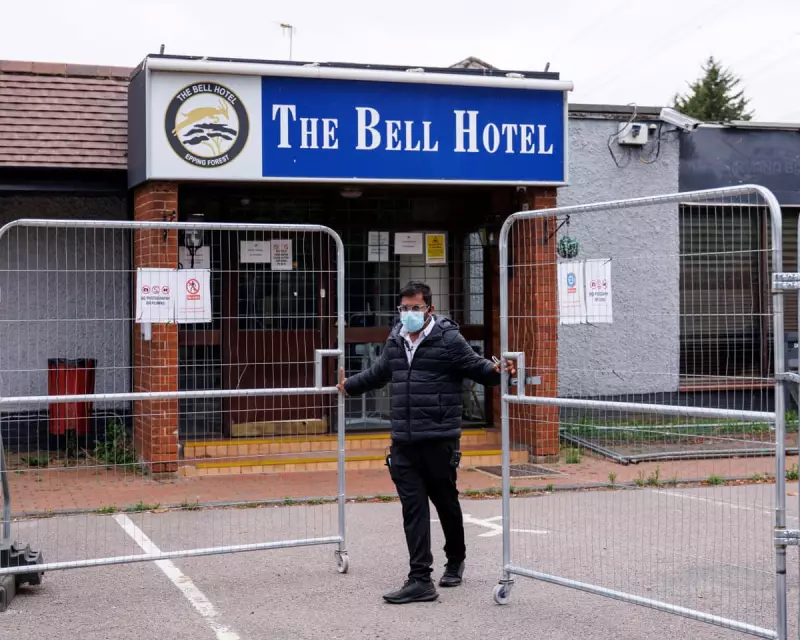
A seismic High Court decision has ripped up the government's blueprint for housing asylum seekers, granting local authorities unprecedented power to derail the contentious hotel conversion programme. The ruling, which empowers councils to use planning regulations to shut down these facilities, has plunged Sir Keir Starmer's administration into an immediate and costly political and logistical nightmare.
Planning Law Becomes the Councils' Weapon of Choice
The legal victory, secured by a coalition of local councils, fundamentally shifts the balance of power from Whitehall to town halls. Previously, the Home Office could requisition hotels with minimal local consultation under emergency provisions. This new precedent establishes that if a hotel's primary use changes to long-term accommodation, it constitutes a 'material change of use'—a move that requires full planning permission.
This technicality has become a sledgehammer. Councils across the country, particularly in coastal and rural areas that have borne the brunt of the policy, are now urgently reviewing their options. Many are expected to issue enforcement notices, demanding the immediate cessation of asylum housing in dozens of hotels.
Labour's Strategy Left in Tatters
For the new Labour government, the timing could not be worse. Their entire plan to clear the asylum backlog and shut down the expensive RAF Wethersfield and Bibby Stockholm barge facilities was predicated on a rapid and massive expansion of dispersed hotel accommodation. This ruling effectively pulls the rug out from under them.
The immediate consequences are stark:
- A multi-million pound financial black hole: Contracts with private hotel providers, often criticised for their exorbitant cost to the taxpayer, may now be void or subject to massive penalty clauses for cancellation.
- Legal battles on multiple fronts: The government faces the prospect of fighting costly judicial reviews in numerous jurisdictions simultaneously as councils flex their new muscles.
- A severe accommodation shortfall: With the pipeline of new hotel spaces frozen, the government has no clear answer for where to house thousands of incoming asylum seekers.
A Nationwide Standoff with No Easy Solution
The ruling sets the stage for a protracted standoff between localism and central government control. Councils argue this is a victory for community voice and proper democratic process. Ministers, however, are privately furious, labelling it a recipe for paralysis that will only benefit the people-smuggling gangs across the Channel.
With the court's decision final, the ball is now firmly in the government's court. They must either:
- Rush through emergency legislation to override planning law—a move that would be hugely controversial and seen as anti-democratic.
- Engage in a painful, council-by-council negotiation process, likely involving significant financial incentives to secure cooperation.
- Go back to the drawing board to find entirely new, large-scale sites for accommodation, a process that could take years.
For now, the UK's asylum system has been thrown into deeper disarray than at any point in the last decade, with local planning officers suddenly finding themselves on the front line of the nation's most divisive political issue.





